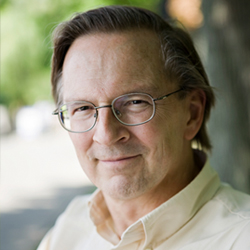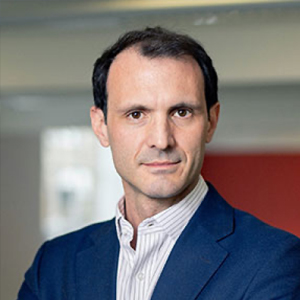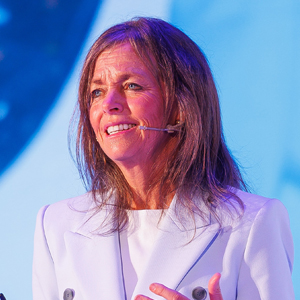Jack Szostak is a biologist, Nobel Prize laureate, Professor of Genetics at Harvard Medical School and Alexander Rich Distinguished Investigator at Massachusetts General Hospital, Boston.
Szostak has made significant contributions to the field of genetics. His achievements have helped scientists to map the location of genes in mammals as well as to develop techniques for manipulating genes.
His research findings in this area are also instrumental to the Human Genome Project. He was awarded the 2009 Nobel Prize for Physiology, along with Elizabeth Blackburn and Carol W. Greider, for the discovery of how chromosomes are protected by telomeres and is credited with the construction of the world's first yeast artificial chromosome.
Currently his lab focuses on the challenges of understanding the origin of life on Earth, and the construction of artificial cellular life in the laboratory.










